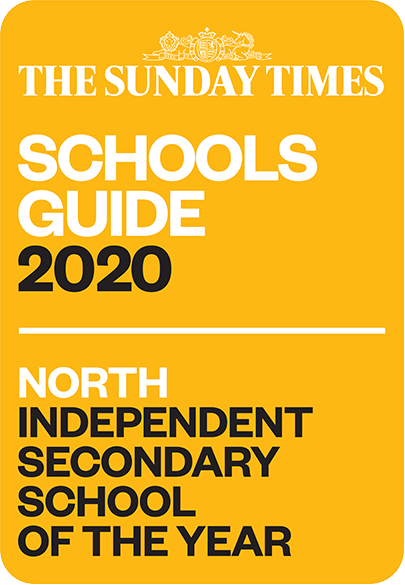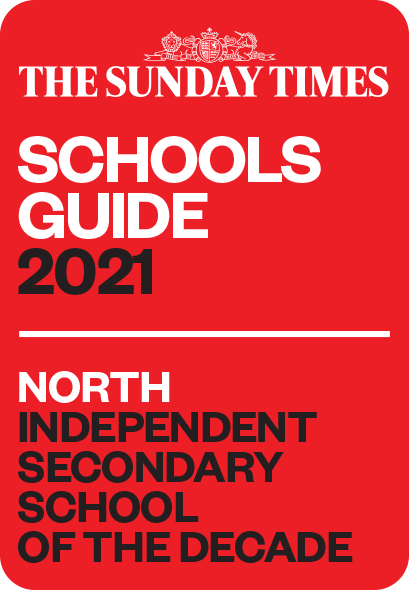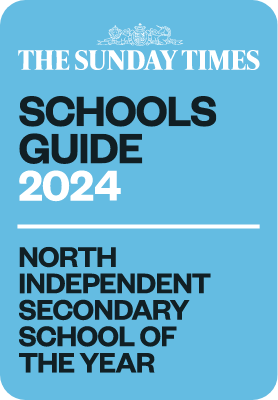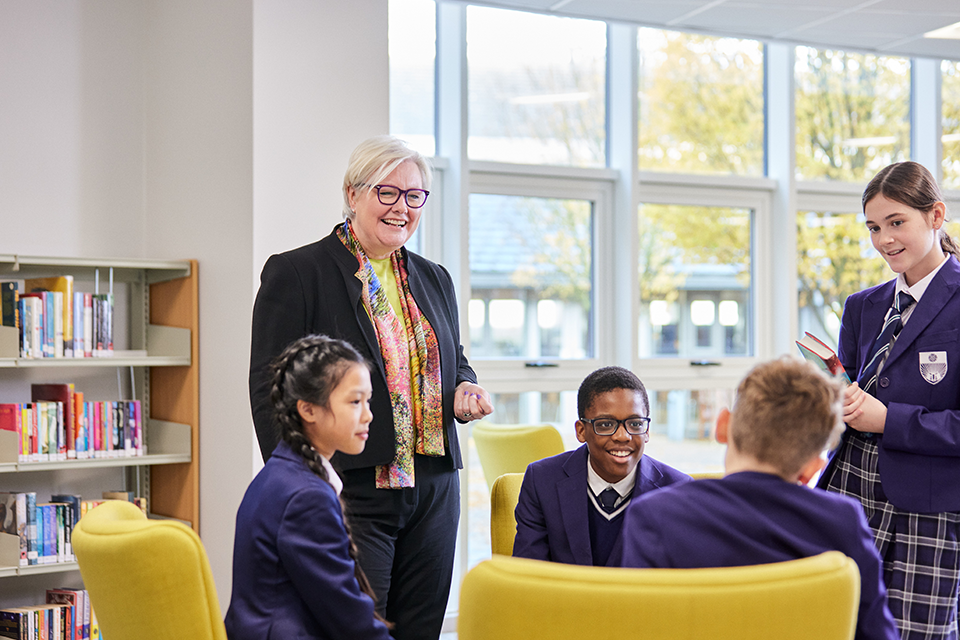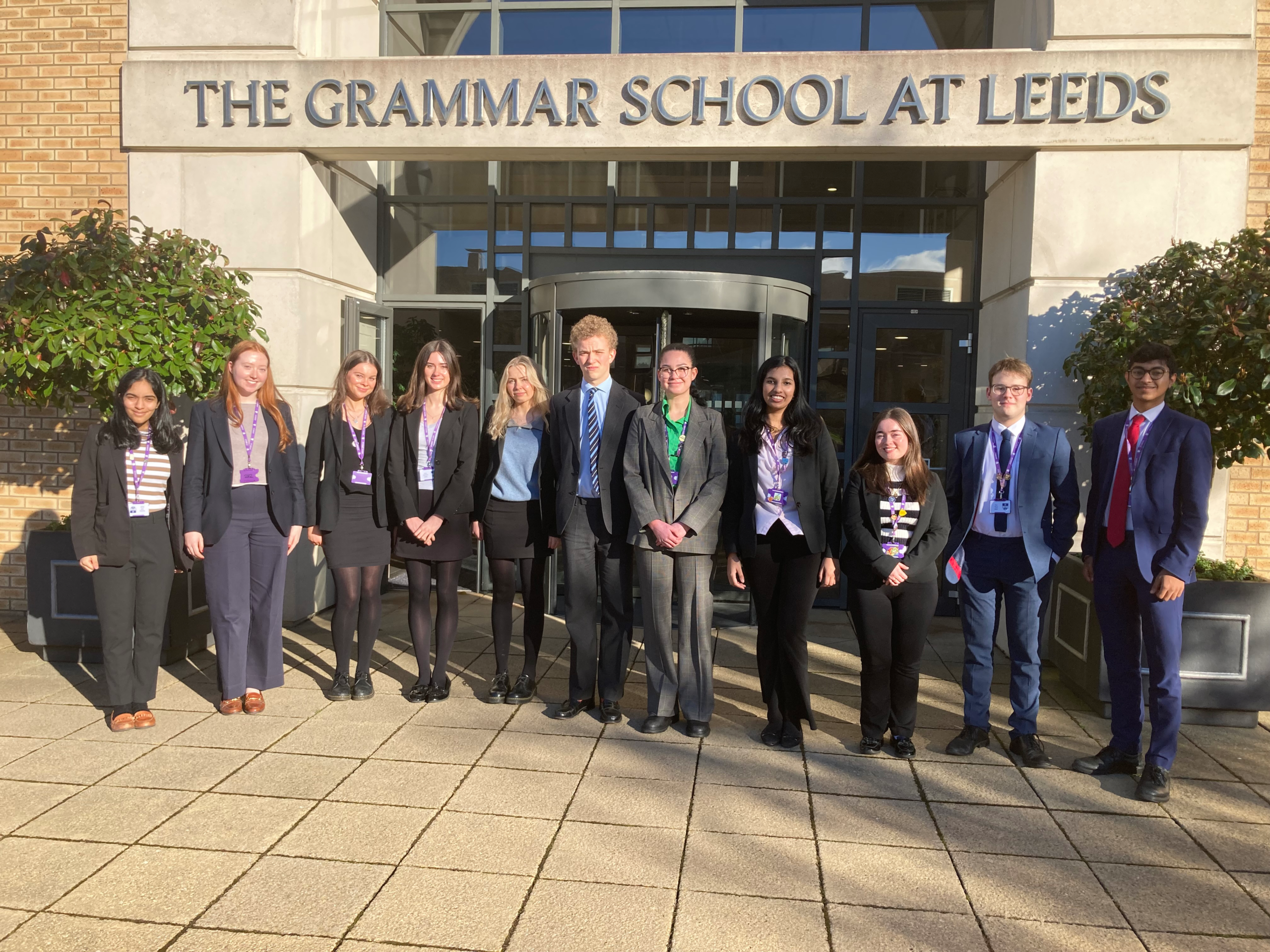Why invest in independent education?
Independent education requires a huge investment by parents, and research consistently shows why it’s a price worth paying.
In 2016 a report by researchers at Durham University compared the performances of students in independent and state schools from the age of four years. Having ensured fair comparison by controlling for variables such as socio-economic background and prior academic ability, their key findings include:
- In an average of eight best GCSEs in 2014, independent school pupils achieved 0.64 of a grade higher than state school pupils
- Based on this measure, by the age of 16 independent school pupils benefit from the equivalent of two years additional schooling
- At GCSE independent schools have higher average scores in all subjects, up to 0.77 of a grade
At A-level independent schools have a strong record of entries and achievement in the academic subjects favoured by leading universities, notably STEM subjects and languages.
Independent schools also offer a wealth of extracurricular and enhancement opportunities. Excellent pastoral care and an emphasis on building leadership skills, self-esteem and resilience promote personal development.
The latest Independent Schools Council (ISC) census reports that:
- Half of A-level entries at ISC schools achieve A* and A grades, nearly double the national figure
- Academic success is complemented by opportunities outside the classroom, eg on average 4-5 hours a week on sport compared with 2 hours a week nationally
- The proportion of independent school pupils progressing to higher education was 97% in 2021 (the national figure for 18-year-olds in England placed by UCAS was 31.3%)
The Killik Private Education Index emphasises that investment in independent schooling outperforms other forms of investment thanks to the wage premium it produces. Estimates of increased earning power, compared with those who attend state school, vary from a 7% wage premium six years after graduation to 20% at the age of 33.

